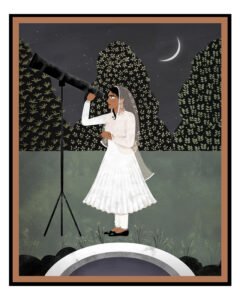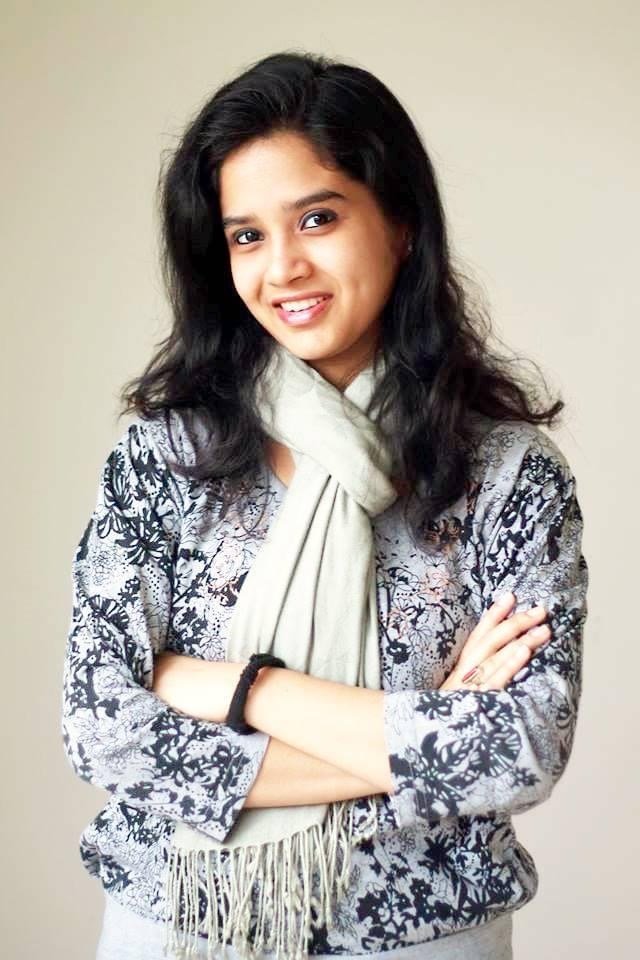
What is Ramadan and Why do Muslims Fast?
Ramadan/Ramzaan is such an integral part of growing up for Muslims around the globe that many times we forget that there are many who know little to nothing about this special month.
Each year when Ramadan starts Muslims are asked questions and statements like-
“What is Ramadan?”
“You really can’t eat all day?”
“Here I got you a juice, gulp it down, no one will know.”
And that is when we feel like we need neon signs explaining what Ramadan is and what it means to each one of us. The holy month isn’t meant for posturing to others – rather it is an intimate relationship with one’s creator.
In a few words – Ramadan [i] begins when the crescent moon first appears in the ninth month of the lunar calendar and is celebrated by Muslims of all cultures as a month of fasting[ii]. It traditionally commemorates the revelation of the Holy Quran to our Prophet Mohammed (PBUH). The starting date of Ramadan fluctuates each year because it follows the lunar Islamic calendar, which follows the phases of the moon.
It is a month of fasting, faith and sober reflection. It lasts for a whole month – for a full cycle of the moon. During this period Muslims are encouraged to reflect on themselves, to be thankful and to help others. In essence it is a month of blessings and giving. It’s also a month of great happiness for most Muslims and a period where many try to reconnect with their faith and their surroundings.


Top left to bottom- Iftar spread at homes in Calicut (Pic Credit- Jasna Moidu), Delhi (Pic Credit- Faizan Patel) and Edmonton (Pic credit Samreen Khan)
Before one gets into a more in-depth explanation of the spiritual and material needs of Ramadan. There are a few markers that one should know about this month:
During this month:
- Muslims fast throughout the day and only eat before sunrise or after sunset. The meal before sunrise is called suhoor[iii] and the meal after sunset is called iftar. This meal is highly-anticipated in most households and is a time to get together and be thankful for everything.
- In many ways it is still a regular month of the year – and working Muslims carry on with their daily lives as usual – they still go to work and get jobs done.
- The fasting is not just abstinence from food and drinks – it’s also abstinence from negative thoughts, anger and foul behaviour. It also means abstinence from sexual relations during the day while one is fasting. One is also encouraged to not indulge in false speech, insults, arguments, fights etc. and to continue with this behaviour throughout and not just limit it to the month.
- It must also be noted that pregnant or nursing women, children, the old, the weak, travellers on long journeys, and those with any kind of illness are all exempt from the requirement of fasting[iv]. Additionally, there are provisions for making up fasts missed by able-bodied Muslims due to travel or ill-health.
- Usually throughout the month, there are special night prayers called tarawih that are held at mosques and homes, that aim at daily recitations of the Holy Quran.
- At the end of the month when a new crescent moon is sighted, Ramadan is declared as over and Eid-ul-Fitr is celebrated. This is a festival of feasts and celebration. It’s just that- families gather for Eid prayers in the morning and then spend a day feasting and catching up with one another. It must be noted that prior to Eid prayers all families have to ensure that they have paid the Zakat al-Fitr (the price of one meal) to the needy, for each family member[v].

Spotting ‘Eid ka Chand’. Art By Reya Ahmed (reyaahmed.in)
In many ways, something that is often overlooked in traditional descriptions of Ramadan is that it encourages building social capital and social justice. The very framework of Ramadan is not only to connect to Allah – but to also connect to the day to day realities of our communities and neighborhoods. Fasting encourages people to empathise with others who are fasting throughout the year due to poverty and food shortage. It reminds Muslims to count their blessings and their obligation towards the poor and marginalised communities, who deserve respect, dignity and socio-economic justice. When your body is denied food and water for 14-18 hours you automatically connect with humanity and think of others who are less fortunate than you.
Ramadan also asks Muslims to help each other through not only piety and reflection but through active involvement in the community via zakat – or “social purifying tax”[vi]. Although Zakat[vii] can be given at any time during the year – most Muslims traditionally use the month of Ramadan to distribute it. The purpose of this obligatory charity on Muslims is not to create a dependency – rather it is meant to be distributed to one’s immediate neighbours and community members, who need it – so that they can use this payment to lift themselves out of their poor financial situations. The aim is that they ultimately pay zakat themselves [viii].
Without trying to overpower the reader with too many details – what most Muslims want is that the rest of humanity understands the essence of Ramadan. What one needs to remember is that Ramadan is a reminder to connect with humanity and humility. When Ramadan ends – it teaches us to love our families and friends, to pray and to give back to others throughout the year.
So, the next time you see someone observing this month – then you can simply show solidarity by being aware of its connotations- you don’t need to apologise that you are eating in front of a fasting Muslim and no, you don’t need to convince them to gulp a sip of water in secret. As mentioned – most Muslims fast to connect with the Almighty and nothing stays hidden from the Creator. All you need to do is be part of the celebration of loving, caring and sharing – empathising with humanity is Ramadan.
References
[i] Many of us raised in south Asian countries like India are used to calling it “Ramzaan”
[ii] Fasting is called “sawm” in Arabic and it’s also called “Roza” in many south Asian communities
[iii] It is also called “Sehri” in south Asian communities
[iv] Ramadan, https://www.britannica.com/topic/Ramadan
[v] Zakat-Al-Fitr, https://www.islamicreliefcanada.org/what-we-do/zakat/fitrana/ and What Is Zakat al-Fitr, the Special Ramadan Zakat?, https://www.zakat.org/what-is-zakat-al-fitr-the-special-ramadan-zakat
[vi] Tariq Ramadan “Islam: The Essentials” pg. 98.
[vii] This should not be confused with Zakat-al-Fitr, what most Muslims refer to as Zakat is Zakat-al-Mal and its obligation on owners of wealth whereas the Zakat-al-Fitr is obligatory on all Muslims offering Eid prayers.
[viii] Tariq Ramadan “Islam:The Essentials” pg. 99
(The views expressed in this article are the author’s own. Content can be used with due credit to the author and to ‘Zariya: Women’s Alliance for Dignity and Equality’)

Samreen Khan holds an MA in International Relations, from Jadavpur University, and an MA in Political Science, from the University of Alberta. Her research focus has been identity politics in India with special focus on Indian Muslims and their second class citizenship. She is a mother of a six-year-old daughter, and is trying to make her as strong and independent as possible. Samreen works in finance during the day, and spreads “feminist/modern ideas” after, according to her husband!



